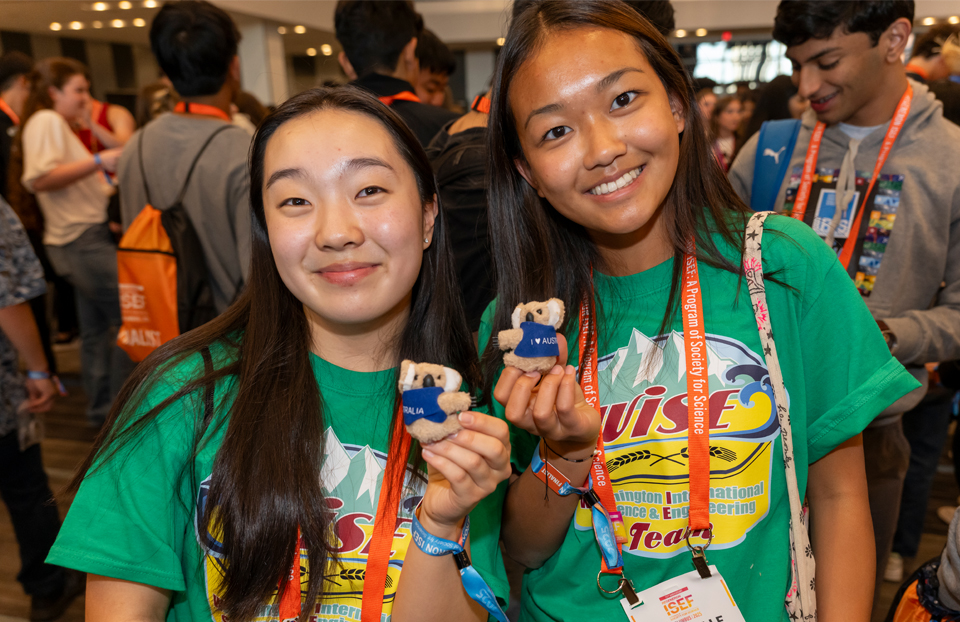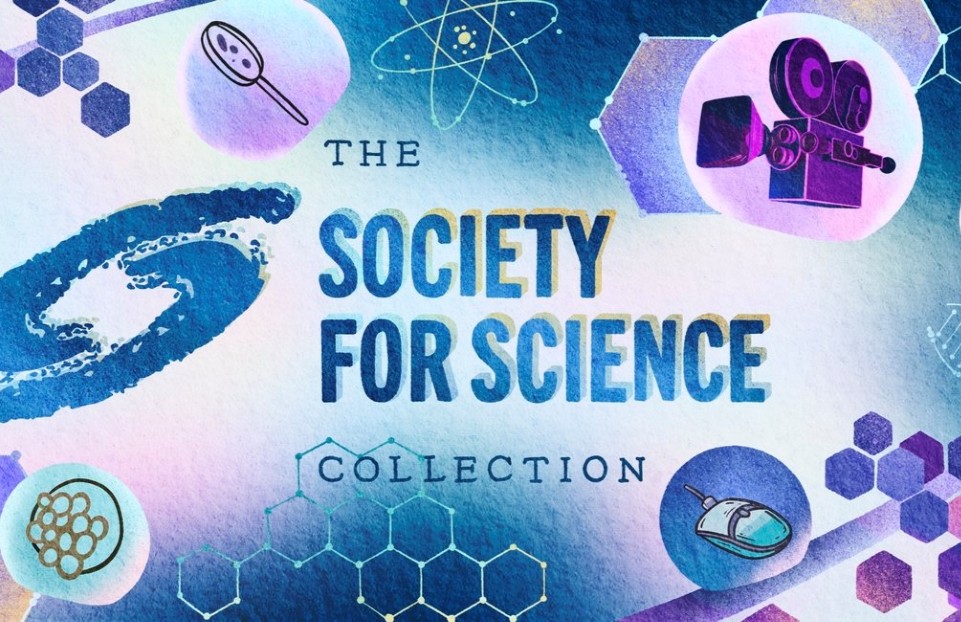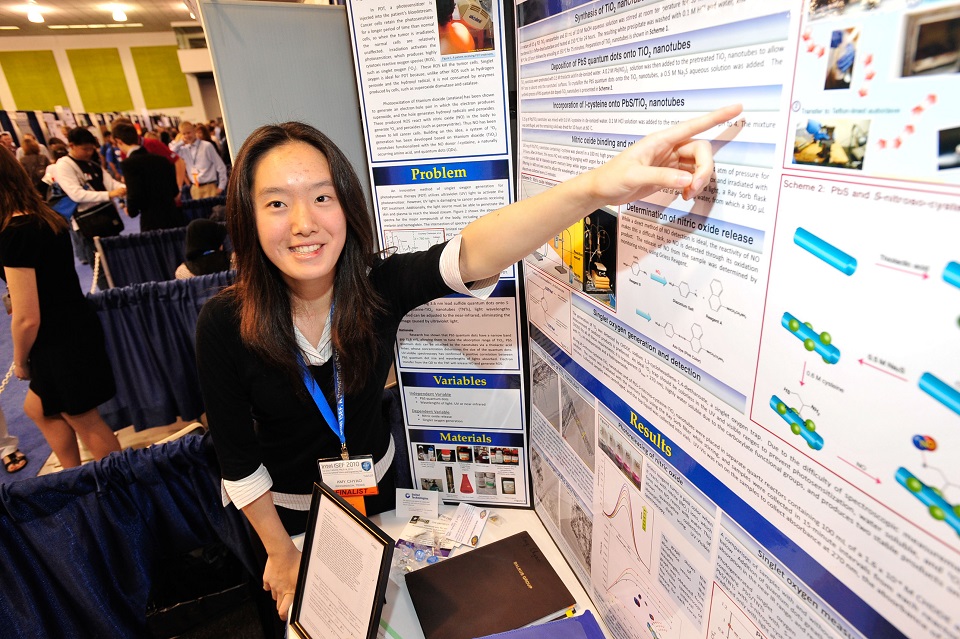Make your dreams come true
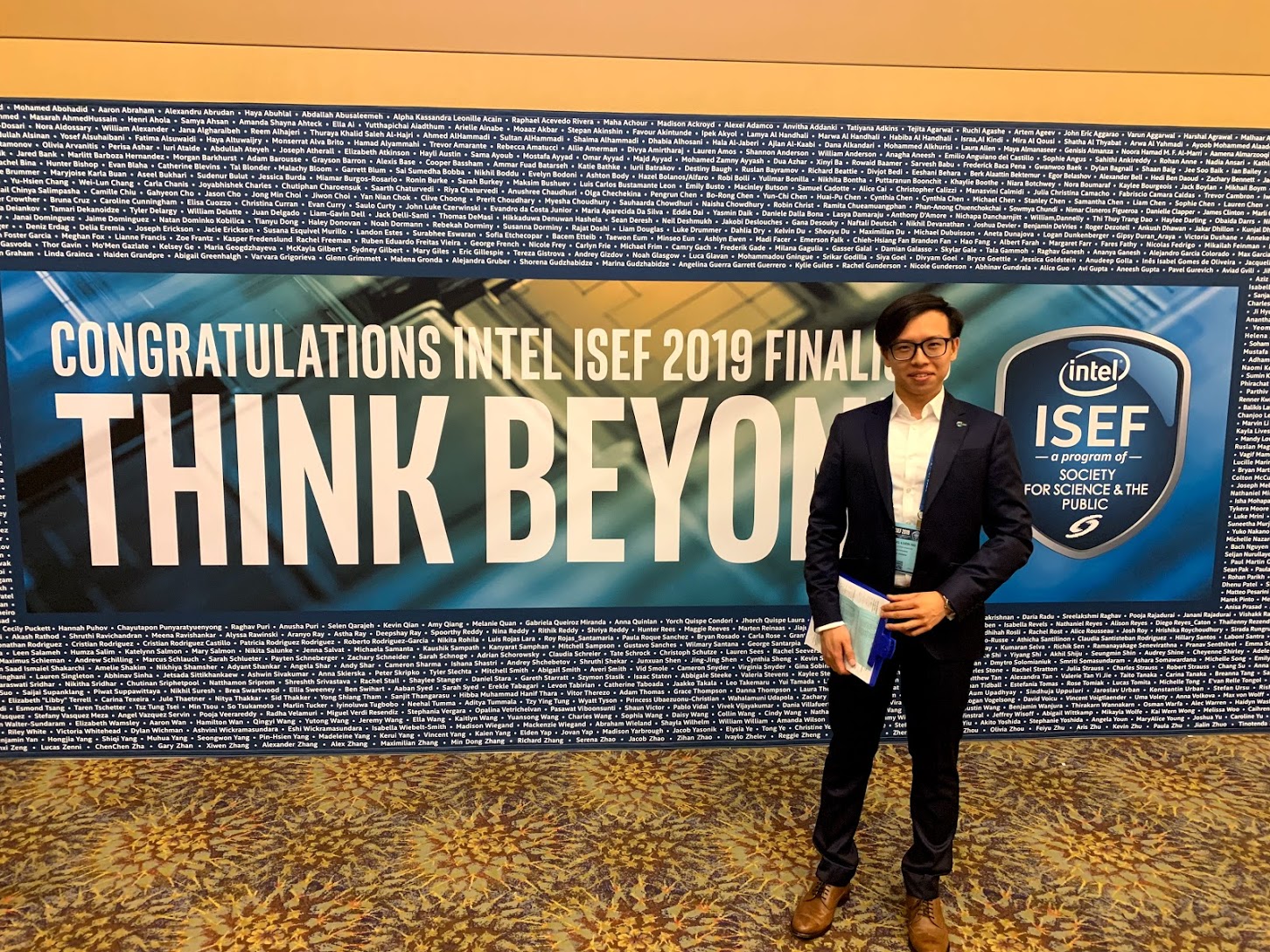
By Mr. Ping-Luen Baron Ho
DPhil Candidate
Department of Chemistry, University of Oxford
In 2010, when I graduated from Taipei Municipal Li-Shan High School, my biggest regret was that I did not get the chance to participate in the International Science and Engineering Fair (ISEF). Every year in the Taiwan International Science Fair (TISF), around 500 students from grades nine to 12 competed to represent Taiwan at ISEF. The two top winners would go onto ISEF, but I had placed third, disqualifying me from going to ISEF. I missed the opportunity to meet other young scientists at ISEF 2010, my childhood dream, but this year, as a DPhil student at Oxford University, I was honored to be selected as a Grand Award Judge in the category of materials science!
When entering the finalist exhibition hall of the Phoenix Convention Center, lots of memories and feelings came to my mind. The boy who lost his chance to compete at ISEF and the man who was attending ISEF 2019 as a Grand Award judge met each other. The boy told me that being there in this capacity meant that his dream had come true.
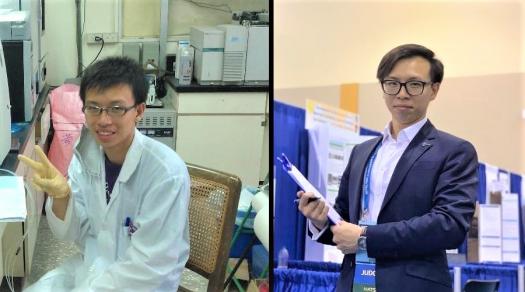
In high school, my teachers had always encouraged me to pursue science research as a way to cultivate creative thinking and teamwork. Considering that hundreds of people die from or are impacted by carbon monoxide accidents in Taiwan each year, my research partner and I designed a project called “Intelligent Poisonous Gas Purifier.” We sought to produce a commercially viable machine that could detect, alert and remove carbon monoxide in a short period of time. We designed and carried out a series of experiments to demonstrate that nanosized gold particles over porous supports could eliminate carbon monoxide effectively. This project taught me to carry out scientific studies logically and helped me develop problem-solving skills. More importantly, I realized that doing science is neither for getting school credit nor for winning awards. It is the joy of discovery and creating something new that is most rewarding.
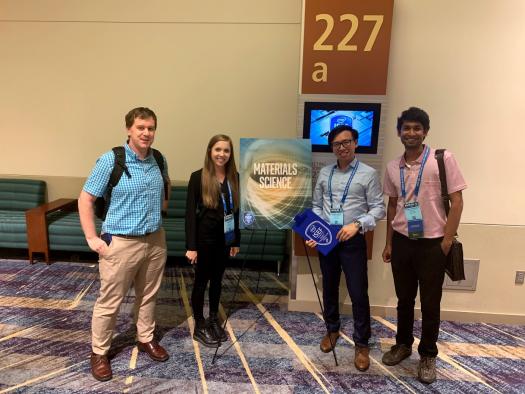
My passion for science was challenged in college, at National Tsing-Hua University. Although most of my classmates entered this top university in Taiwan with high scores, their interest in science and engineering faded rapidly within the first year. Many chose to study finance, accounting, or management instead because they found that the scientific theories taught in class were too far removed from the real world. Witnessing this change of heart in my peers made me reflect on the importance of science education. With the intention of “making science interesting”, I established the Interdisciplinary Research Institute, a student society out of my dorm. In the early days, my roommates and I gave talks to others in our class about how scientific theories are related to industrial applications and technological entrepreneurship. Students across the university participated in our seminars and events. We even invited Nobel laureates Yuan T. Lee, Dudley R. Herschbach and Samuel C. C. Ting to come speak. They all encouraged us to stay true to our original passions when encountering the countless difficulties in scientific research.
Participating in science fairs during high school inspired me to educate others about the beauty of science. Nine years after I missed my chance to participate in ISEF, I submitted my application to the Society for Science & the Public to be a Grand Award Judge. My friends couldn’t understand why I was being so stubborn about this event: flying from London to Phoenix and funding myself to participate as a volunteer?
I think maybe it is because I want to help others seek out the science-loving child within. I can now say that my first journey to the United States was to fulfill my childhood dreams, and now, I have done that.
